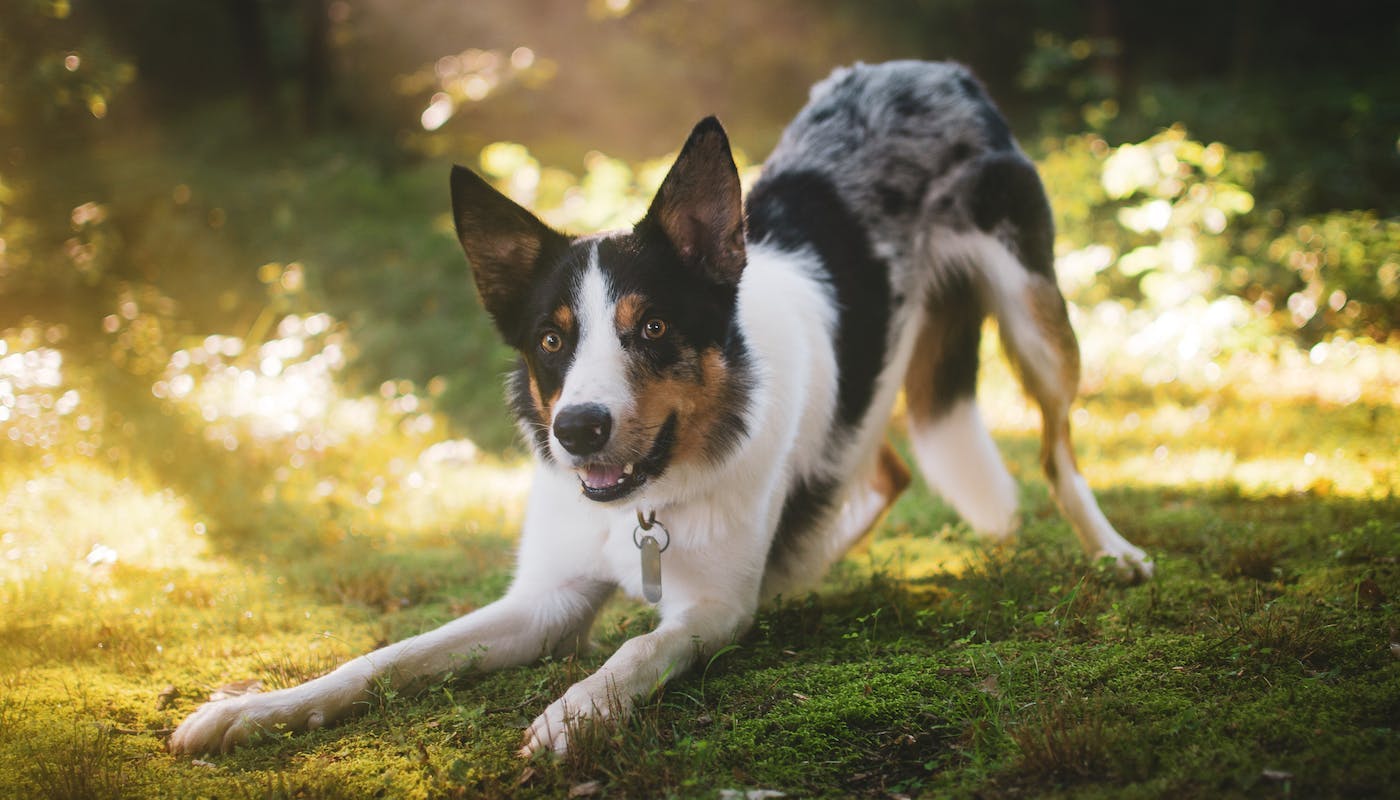The Benefits Of L-Carnitine For Dogs
If you love fitness or are especially into watching your health you might have heard of L-carnitine. Humans have been using it to aid weight loss and enhance athletic performance for years. But this essential nutrient can also support a number of your dog’s important functions, too.
As well as being useful in managing their weight, deficiency in L-carnitine can lead to health issues in your dog. This includes muscle pain, tiredness and lethargy, and even heart disease. So if you think your dog might be lacking in this vital ingredient, exploring the options for supplementation could be beneficial for their health.
What Is L-Carnitine?
L-carnitine is an essential amino acid that supports optimal heart, brain, and muscle function. It converts fat into energy, and most healthy dogs will produce it naturally. L-carnitine is usually derived from animal proteins like red meat, fish, and chicken.
These ingredients are often key components in dog food to help keep their L-carnitine levels balanced – and you won’t have to worry about them taking in too much of this amino acid. Dogs are able to excrete excess L-carnitine. However, dogs suffering with heart issues, or with too much fat in their body, the amino acid might not occur naturally. In these cases, a L-carnitine supplement is recommended.
How Does L-Carnitine Work?
This is the sciencey part that will help you understand what L-carnitine really is in your dog’s body.
Dogs produce L-carnitine using lysine and methionine found in the liver, brain, and kidneys. It attaches itself to long chain fatty acids and carries them to the mitochondria of the cell where it is converted into ATP – the body’s chemical energy source. Essentially, it’s a vital part of your dog’s natural energy production.
What Are The Benefits Of L-Carnitine For Dogs?
As well as its benefits in helping your dog convert fat into energy, L-carnitine also keeps them lean and maintains their muscle mass. Every dog’s metabolism is different, and like humans it can come down to genetics, nutrition, age, and diet. So if you struggle to manage your dog’s weight even when keeping them active and feeding them well, an L-carnitine supplement might help.
Though a healthy, protein-rich diet should be all your dog needs to produce the right amount of L-carnitine it needs to stay healthy, for some dogs extra help is needed. As well as aiding fat metabolism, weight loss, and lean muscle, L-carnitine is recommended for dogs suffering with heart issues. It has even been shown to improve dilated cardiomyopathy in Cocker Spaniels and Boxers. However, like all supplements, you should consult your vet before administering extra L-carnitine to your dog.
Potential Side Effects Of L-Carnitine For Dogs
Because dogs are able to produce L-carnitine naturally and excrete any excess, there is generally no problem with supplementing their diet with this amino acid. However, there are some known side effects that have been reported, including nausea, stomach problems, loss of appetite, and diarrhoea.
If your pet is already on medication you should consult a vet before adding new supplements to their routine. Valproic acid, used to support dogs with seizures, can potentially interact with L-carnitine so it could be worth avoiding this combination.
How To Feed Your Dog L-Carnitine
Because reducing your dog’s calorie intake is the best way to control their weight, the idea that L-carnitine can help overweight dogs to lose weight is disputed. However, feeding your dog a food that includes L-carnitine can support your dog’s muscle repair, performance, and recovery. So as long as you’re feeding your dog the correct amount of food a L-carnitine supplement could be beneficial – especially in working dogs and Labradors.
Supplements rich in L-carnitine, like Front of the Pack’s The One, can help your dog utilise fatty acids for energy, aid exercise recovery, and support muscle growth. Alongside seven other ingredients proven to provide mental and physical health benefits for your dog, The One is an easy way to boost your dog’s L-carnitine intake.
Though most dog owners don’t need to be concerned about their dog’s L-carnitine levels, there are some cases where a supplement might be necessary. Speak to your vet before introducing this to their diet, and remember that a nutritious diet filled with animal protein is the best way to help your dog maintain a healthy weight.
